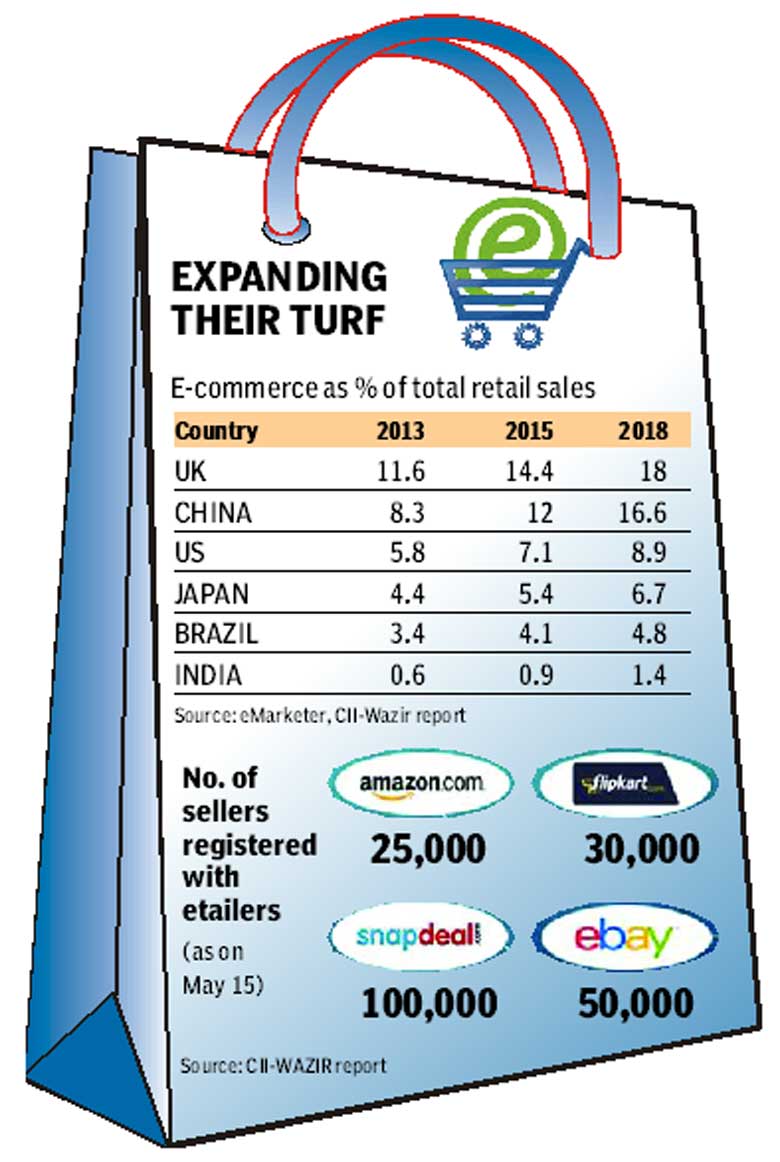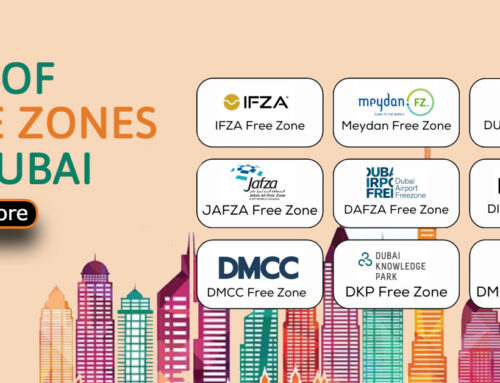 Homegrown e-commerce firmslike Flipkart have strongly opposed what they perceive as the government’s willingness to employ bilateral pacts with some big trading partners to liberalise the sector while the policy stance outside such pacts, or in the most-favoured nation (MFN) space, is to tread warily on this front.
Homegrown e-commerce firmslike Flipkart have strongly opposed what they perceive as the government’s willingness to employ bilateral pacts with some big trading partners to liberalise the sector while the policy stance outside such pacts, or in the most-favoured nation (MFN) space, is to tread warily on this front.
Analysts see this an attempt by these local firms to create a vast business space using their deep pockets to keep potential competition at bay.
Local e-tailers are learnt to have “strongly” opposed Japan’s pitch for the sector’s liberalisation through the mega regional pact called the Regional Comprehensive Economic Partnership (RECP) agreement, official sources told FE. India is participating in RCEP negotiations with 15 other countries.
These players have also objected to something unnoticed so far — India agreeing for a separate e-commerce chapter in the Comprehensive Economic Cooperation Agreement (CECA) with Singapore without adequate stakeholder consultation.
Currently, India allows 100% FDI in B2B e-commerce activities (as in wholesale trade), but foreign investment is not allowed in such firms.
Domestic e-commerce representatives, in RCEP stakeholder talks with the government last week, said the country should not commit to liberalise the sector through the ‘inventory model’ as it amounts to B2C (retail) e-commerce, in which FDI is prohibited in the country.
The ‘inventory model’, say domestic e-commerce firms, leads to the creation of monopolies as big global players offer to buy products from sellers (largely MSME players) at an attractive price initially, but squeeze their margins later when these small sellers are entirely reliant on them. The big e-tailers then offer huge discounts to customers through the online portal and pocket profits in the long term. In the inventory model, the same entity has the ownership of goods and services.
However, domestic players say the ‘third-party exchange marketplace model’ adopted by them is more of a B2B model as they just create an online platform to help connect buyers and sellers. Local e-tailers say their revenues come mainly from the fees for providing the online platform, data analytics, generating brand awareness, rent for facilitation centres and commissions on sales. The sellers have full ownership over products and services and have freedom over pricing. Local firms say ‘marketplace model’ players do not directly compete with MSMEs and therefore do not hurt entrepreneurship and employment.
The government, after a stakeholder discussion on e-commerce last week, had said it will hold talks with states on “the manner in which FDI is needed or not needed, and on whether allowing FDI will affect the level-playing field of brick-and-mortar stores” besides issues such as definition of e-commerce and taxation.
In the context of FTAs and mega-regionals, the sources said, the government will hold more discussions on consumer protection and norms to prevent online frauds, privacy of customer information, use of low-tax regions by e-commerce firms and the ability to seek information from online firms.
E-commerce is increasingly becoming integral to FTAs and the importance assigned to it is reflected in these pacts having a separate chapter for the segment. Article 10.1 of the e-commerce chapter of the India-Singapore CECA says both sides “recognise the economic growth and opportunity provided by e-commerce and the importance of avoiding barriers to its use and development and the applicability of WTO rules to e-commerce.”
Though this CECA mainly talks about non-applicability of customs and other duties, fees or charges on or in connection with the importation or exportation of digital products by electronic transmission, sources said the scope of these exemptions could be expanded in this CECA and other FTAs/mega-regionals.
“Though discussions on e-commerce at the WTO level began in the late ’90s, there has not been much progress so far. So now we are seeing e-commerce being pushed through bilateral and regional trade pacts. If the government is agreeing to include a chapter on e-commerce in the FTAs, it needs to ensure that consumer and local MSME interests are safeguarded,” said Biswajit Dhar, JNU professor and international trade expert.
Learn more about finance and accounting outsourcing at Aristotle Consultancy.
Source – Financial Express






